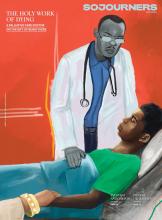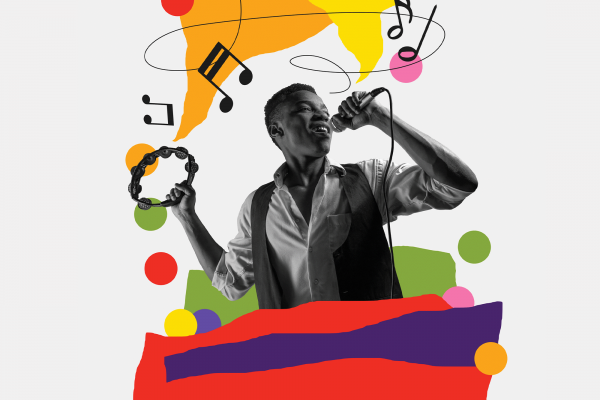ABOUT 12 YEARS AGO, I was a part of a group of clergy arrested for civil disobedience. After we were placed in a police van, we began to sing freedom songs like “Ain’t Gonna Let Nobody Turn Me Around.” I remember that any lingering anxiety I had dissipated as we sang. The experience of music interlaced with our march for justice filled our senses and left an imprint among all those who were arrested.
This points to a larger truth: Music wields undeniable power in human experience. Though I’ve met many people who dislike a particular genre of music, I have never met a person who disliked music itself. When experienced collectively, music unifies. The church knows this and has historically emphasized its importance. Whether songs are led by a single person on a pipe organ, an elaborate rock band with blazing stage lights, or a thunderous, brightly robed choir clapping on the two and four, the sonically healing nature of music can draw a church assembly together into a state of unified resonance.
Read the Full Article

